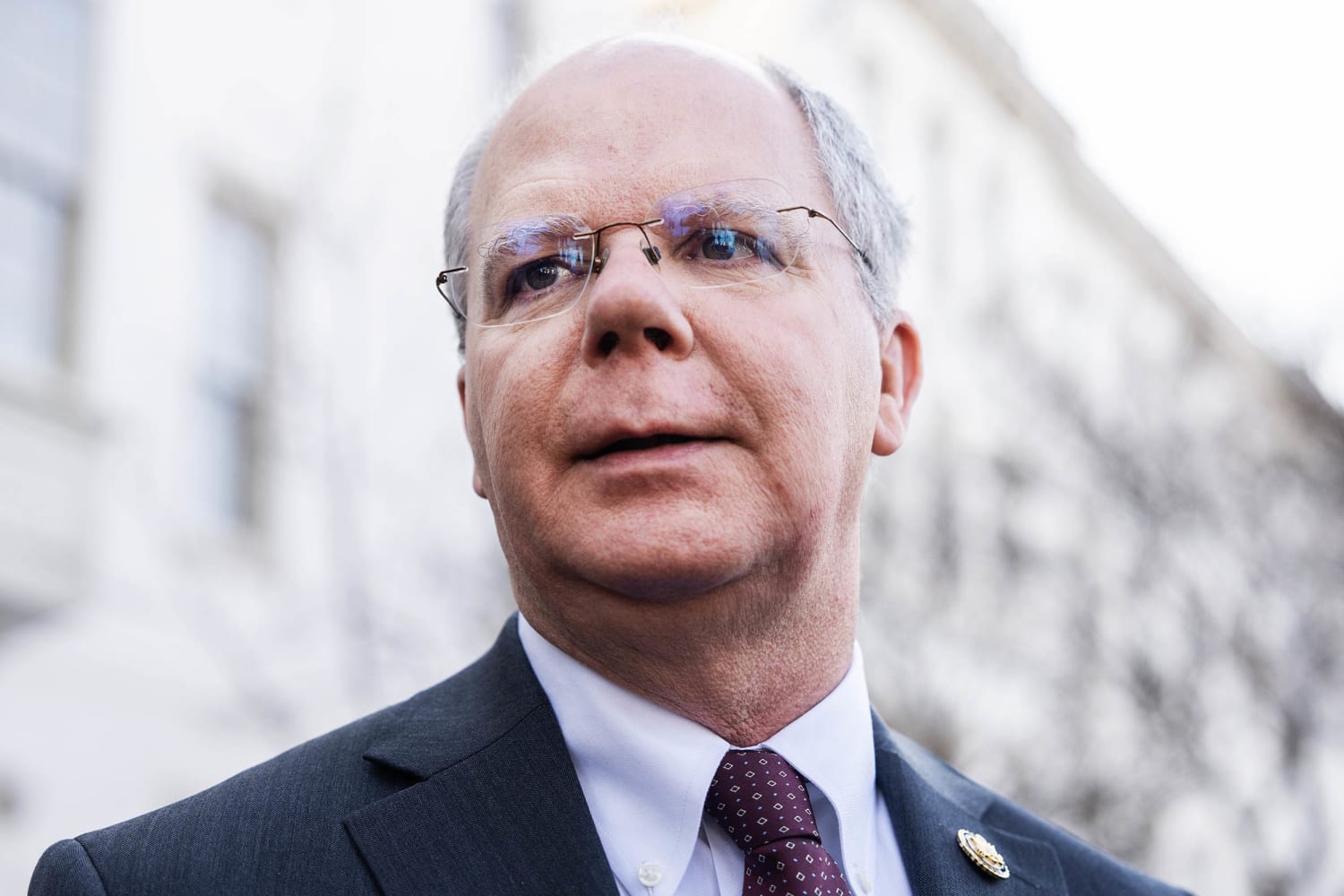Number Six
I like big bots and I can not lie

House Republicans unveil Medicaid cuts
House Republicans have unveiled the cost-saving centerpiece of President Donald Trump’s “big, beautiful bill.”
WASHINGTON -- House Republicans unveiled the cost-saving centerpiece of President Donald Trump's “ big, beautiful bill ” late Sunday, at least $880 billion in cuts largely to Medicaid to help cover the cost of $4.5 trillion in tax breaks.
Tallying hundreds of pages, the legislation is touching off the biggest political fight over health care since Republicans tried to repeal and replace the Affordable Care Act, or Obamacare, during Trump's first term in 2017 — which ended in failure.
While Republicans insist they are simply rooting out “waste, fraud and abuse” to generate savings with new work and eligibility requirements, Democrats warn that millions of Americans will lose coverage. A preliminary estimate from the nonpartisan Congressional Budget Office said the proposals would reduce the number of people with health care by 8.6 million over the decade.
“Savings like these allow us to use this bill to renew the Trump tax cuts and keep Republicans’ promise to hardworking middle-class families,” said Rep. Brett Guthrie of Kentucky, the GOP chairman of the Energy and Commerce Committee, which handles health care spending.
But Democrats said the cuts are “shameful” and essentially amount to another attempt to repeal Obamacare.
“In no uncertain terms, millions of Americans will lose their health care coverage," said Rep. Frank Pallone of New Jersey, the top Democrat on the panel. He said "hospitals will close, seniors will not be able to access the care they need, and premiums will rise for millions of people if this bill passes."
As Republicans race toward House Speaker Mike Johnson's Memorial Day deadline to pass Trump's big bill of tax breaks and spending cuts, they are preparing to flood the zone with round-the-clock public hearings this week on various sections before they are stitched together in what will become a massive package.
The politics ahead are uncertain. More than a dozen House Republicans have told Johnson and GOP leaders they will not support cuts to the health care safety net programs that residents back home depend on. Trump himself has shied away from a repeat of his first term, vowing there will be no cuts to Medicaid.
All told, 11 committees in the House have been compiling their sections of the package as Republicans seek at least $1.5 trillion in savings to help cover the cost of preserving the 2017 tax breaks, which were approved during Trump’s first term and are expiring at the end of the year.
But the powerful Energy and Commerce Committee has been among the most watched. The committee was instructed to come up with $880 billion in savings and reached that goal, primarily with the health care cuts, but also by rolling back Biden-era green energy programs. The preliminary CBO analysis said the committee's proposals would reduce the deficit by $912 billion over the decade — with at least $715 billion coming from the health provisions.
Central to the savings are changes to Medicaid, which provides almost free health care to more than 70 million Americans, and the Affordable Care Act, which has expanded in the 15 years since it was first approved to cover millions more.
To be eligible for Medicaid, there would be new “community engagement requirements” of at least 80 hours per month of work, education or service for able-bodied adults without dependents. People would also have to verify their eligibility to be in the program twice a year, rather than just once.
This is likely to lead to more churn in the program and present hurdles for people to stay covered, especially if they have to drive far to a local benefits office to verify their income in person. But Republicans say it’ll ensure that the program is administered to those who qualify for it.
Many states have expanded their Medicaid rosters thanks to federal incentives, but the legislation would cut a 5% boost that was put in place during the COVID-19 pandemic. Federal funding to the states for immigrants who have not shown proof of citizenship would be prohibited.
There would be a freeze on the so-called provider tax that some states use to help pay for large portions of their Medicaid programs. The extra tax often leads to higher payments from the federal government, which critics say is a loophole that creates abuse in the system.
The energy portions of the legislation run far fewer pages, but include rollbacks of climate-change strategies President Joe Biden signed into law in the Inflation Reduction Act.
It proposes rescinding funds for a range of energy loans and investment programs while providing expedited permitting for natural gas development and oil pipelines.


